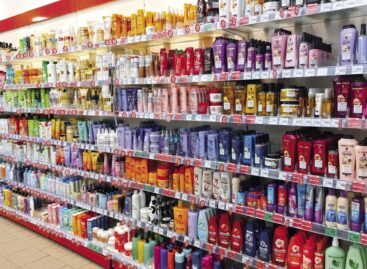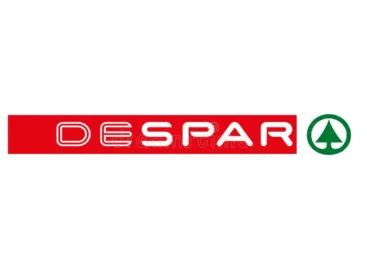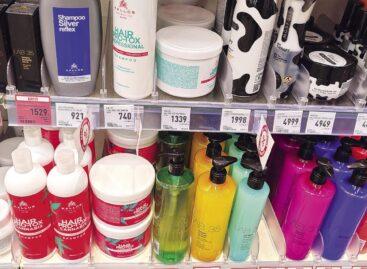NIQ: Consumers are cautious at a global level, so in Europe and Hungary too
Csilla Zsigmond-Czikora, head of consulting and analytic insights at NIQ summarised the latest consumption trends for our magazine. 2022 was the year of inflation and Hungary is placed second in the European inflation ranking, behind Ukraine.
This article is available for reading in Trade magazin 2023/6-7.


Csilla Czikora
account director
NIQ
While in most countries of the region inflation began to decrease at the end of last year, in Hungary it continues to grow, and in February-March 2023 it was already above 25%. FMCG product prices are elevating even faster. In 2022 the FMCG market expanded by 18.5% in value. However, the price increase was a big contributor to this good performance, as FMCG products cost 21.4% more on average in Hungary last year. On the contrary, FMCG volume sales dropped – and not only in Hungary but also in several other European countries.
Hungary: light at the end of the tunnel?
According to NIQ’s Consumer Outlook 2023 survey, shoppers are cautious when making buying decisions. More than half of Hungarians don’t feel they are in a financially safe situation or they say they are in a difficult situation money-wise. Hungarian consumer sentiment was worsening rapidly from the beginning of 2022 until the end of the year, but the latest index – from March 2023 – shows a certain level of improvement, even if its origins can’t really be identified at the moment. Market players and retailers are divided whether this is just normal volatility or the sign of an upturn.
Can low price be more important than the brand?
All over Europe shoppers are looking for lower prices. The number one economising strategy is visiting shops where the general price level is lower (35%). One of these places is the discount supermarket. Many shoppers are trying to save money by focusing more on private labels (30%). It isn’t very good news for manufacturers that at the lowest point of this scale we find: sticking with the brand, irrespective of the product price. This constitutes a big challenge for brand owners in maintaining consumer loyalty. In Hungary 97% of consumers (Europe: 90%) perceive that food prices are rising, and they react to this differently. Typically Hungarians try to purchase the essentials only – this is true for 62% of respondents; 36% search for promotions, and 33% simply buy less.
Growing share for private labels
Shoppers are hunting for promotions so much that they are willing to switch stores – this is true for 68% of Hungarians. The importance and market share (in value) of the private label products of retailers is growing, and not only in Hungary, but basically everywhere in the neighbouring countries. This has to do with two things: the price level and strengthening demand. In Hungary the market share of private labels increased by 2 percentage points to 30%. In discount supermarkets these products have a bigger than 60% share, while in other retail channels this proportion is 10-15%.
Beyond price…
Although price is the most important consumption influencing factor by far, there are also other factors affecting the market. According to research by NIQ, one of the top global trends is the growing importance of home: with shoppers spending more time at home, they demand products which are comfortable to use and are easily accessible. Consumers also like to look attractive, and in order to achieve this goal they like to buy organic and sugar-free foods. When talking about innovations, we must also mention product size: the significance of large-sized products is growing in the region, especially in the essential food – milk, cooking oil, chocolate table, butter – and certain drug categories such as hair care, toilet paper and shampoo. //
Related news
From routine to ritual
🎧 Hallgasd a cikket: Lejátszás Szünet Folytatás Leállítás Nyelv: Auto…
Read more >Despar Italia realises EUR 1.1bn private label sales in 2025
🎧 Hallgasd a cikket: Lejátszás Szünet Folytatás Leállítás Nyelv: Auto…
Read more >Related news
ZEW: Economic expectations worsened in Germany and the euro area in February
🎧 Hallgasd a cikket: Lejátszás Szünet Folytatás Leállítás Nyelv: Auto…
Read more >








